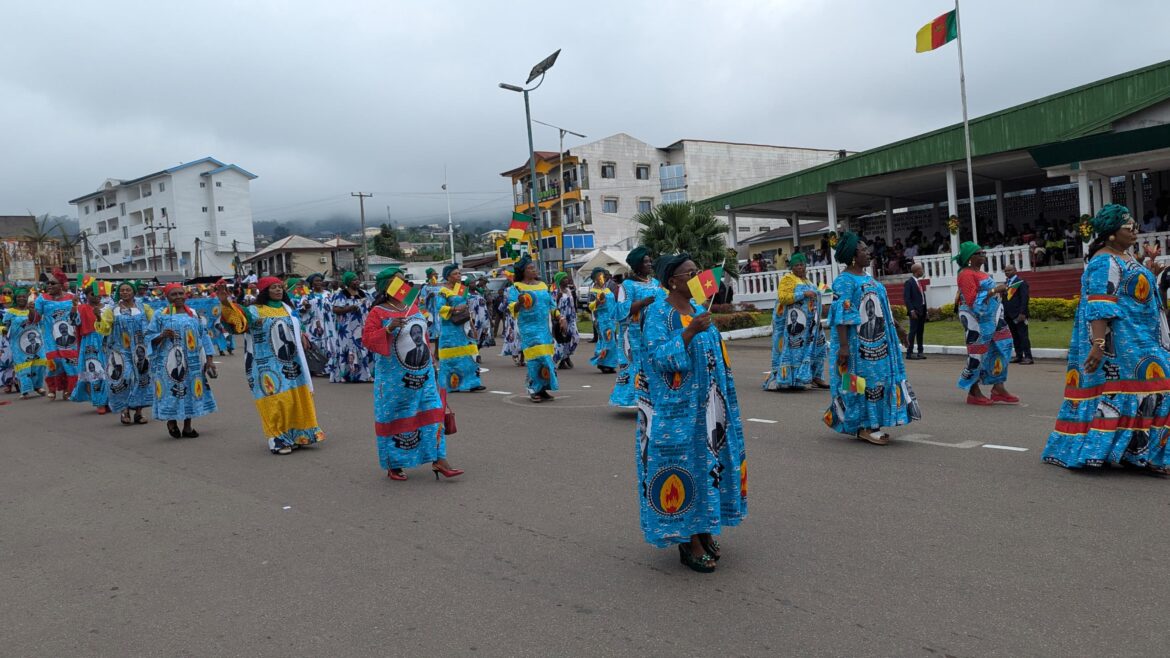Electoral boycotts, often perceived as a form of protest, can have devastating consequences that ultimately strengthen the very systems they aim to dismantle. This in Cameroon, where the dynamics of voter turnout reveal a harsh reality: low participation benefits the CPDM while undermining its opponents.
The CPDM has emerged as the biggest winner from the separatist call for no elections in the Northwest and Southwest regions. CPDM elites from these regions actually pray for such a call each election season. By capitalising on voter apathy, the CPDM has solidified its power, often without needing to defend its policies or electoral record. They understand that their governance cannot compete on merit, so they strategically foster a sense of hopelessness among voters. This discouragement leads citizens to believe that their votes won’t matter, effectively convincing them that they cannot win at the polls.
Moreover, excessive complaints from the opposition regarding the electoral process further undermine public trust and encourage voter apathy. When the focus shifts to grievances rather than solutions, it creates an environment where citizens feel disillusioned and disengaged.
This narrative of despair becomes a powerful tool for the CPDM, allowing them to make it extremely difficult for opposition votes to count. As voter disengagement increases, so too do the CPDM’s chances of winning by wide margins, reinforcing their grip on power.
Instead of boycotting elections, Cameroonians must focus on mobilising and reigniting hope. They must educate their peers about the importance of participation, challenging misinformation, and promoting a vision for change are essential steps. Every election represents an opportunity to reshape the political landscape, no matter how bleak such a wish may be—one that should not be wasted on inaction.
In conclusion, while electoral boycotts may seem like a valid form of resistance, they ultimately play into the hands of the regime and empower the ruling party. We must therefore recognise the significance of our participation and to reject the narrative that our votes do not count. Only through active engagement can true change be realised, breaking the cycle of apathy and fostering a more representative democracy.
Ndifor Richard
Political and Civil Society Activist

